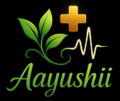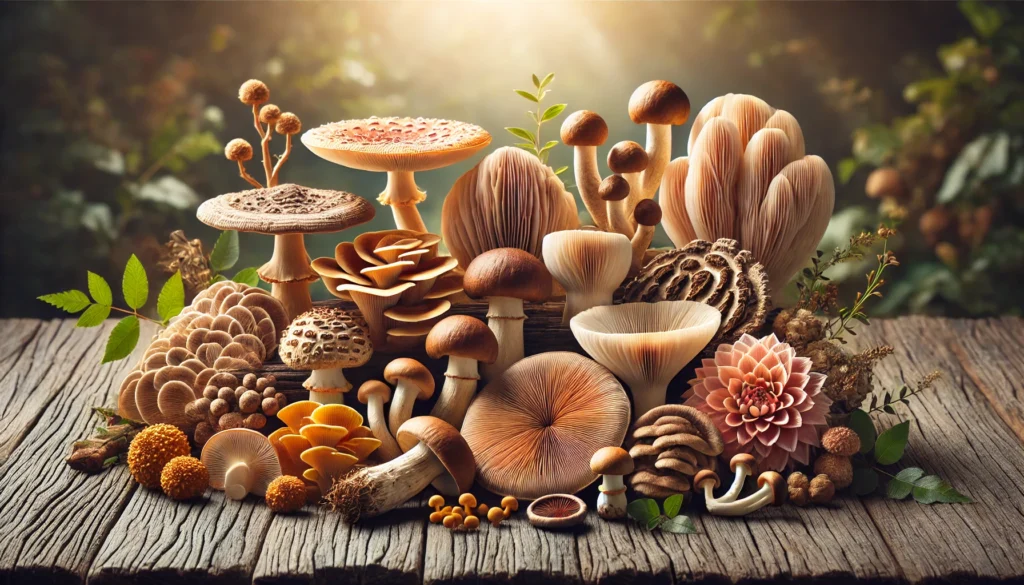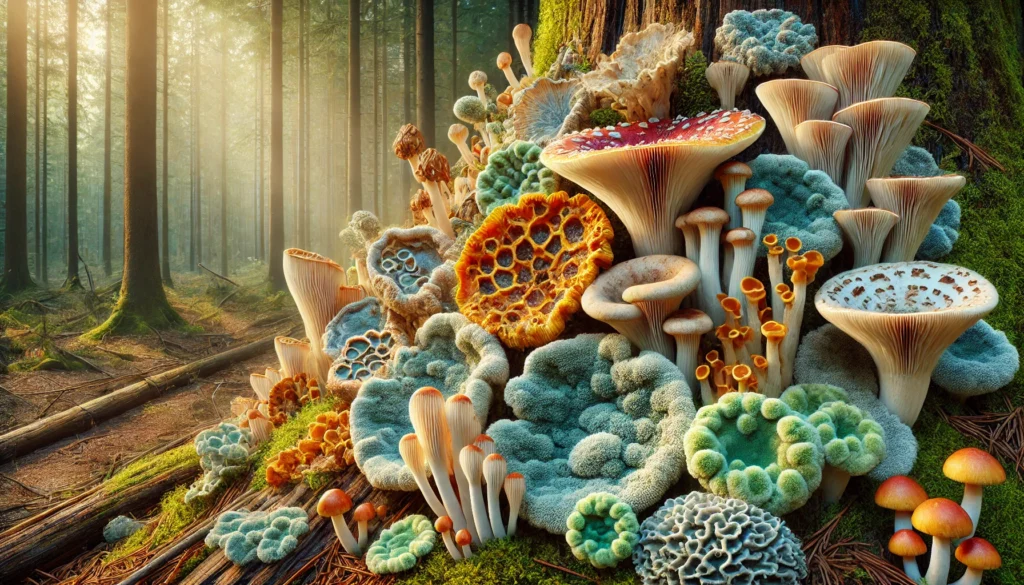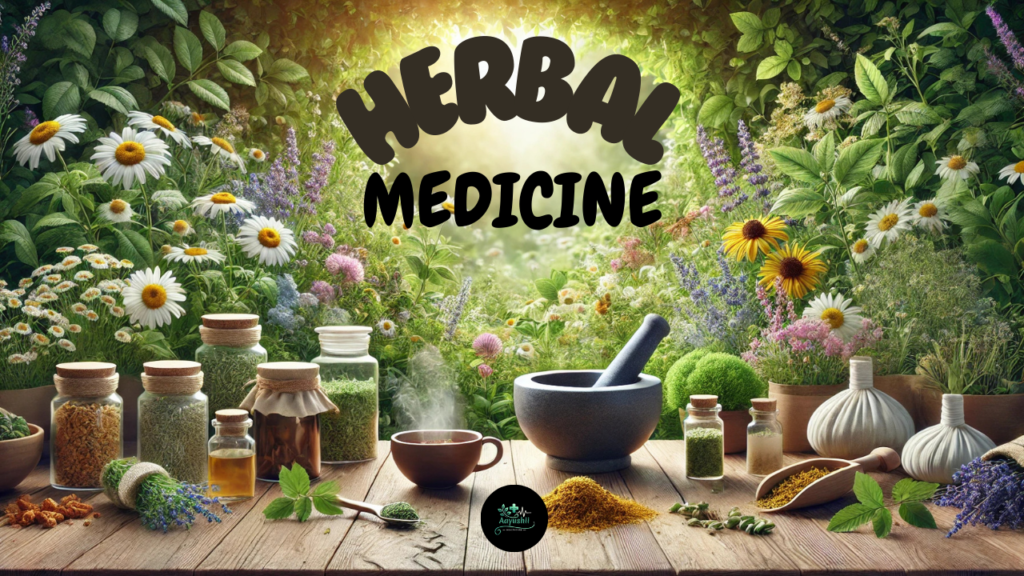Fungal therapy, also known as mycotherapy, refers to the use of medicinal mushrooms to support health and wellness. For centuries, cultures worldwide have harnessed the powerful bioactive compounds in fungi for healing and prevention. From traditional Chinese medicine to modern scientific research, fungal therapy has gained traction as a natural, holistic approach to treating various ailments.
In this in-depth guide, we’ll explore fungal therapy, its history, the science behind its benefits, popular medicinal mushrooms, how to use them, and practical considerations for integrating them into your lifestyle.
What is Fungal Therapy?
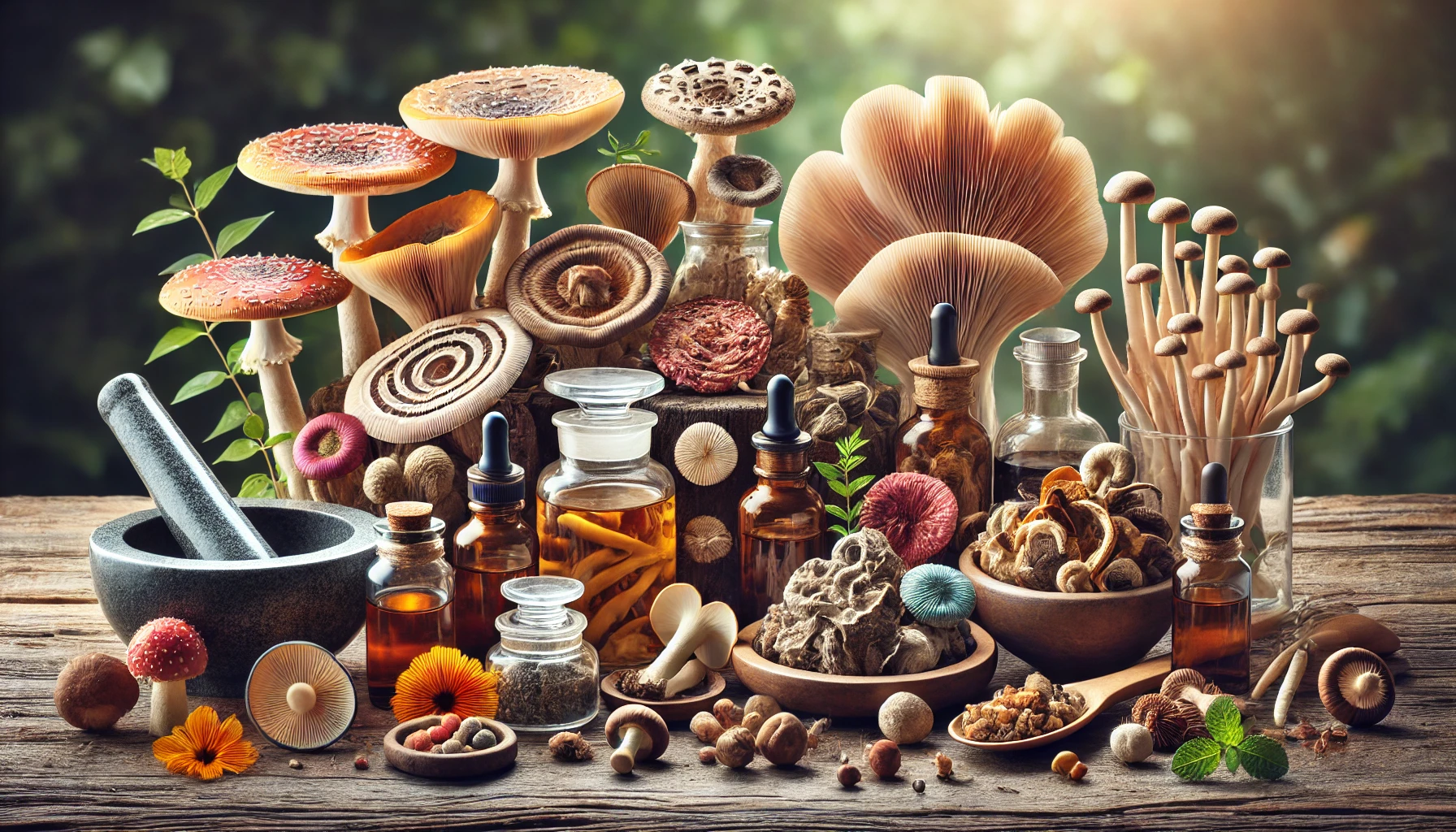
Fungal therapy involves using mushrooms and other fungi species to promote health and address specific health conditions. These fungi are rich in bioactive compounds like beta-glucans, terpenoids, polysaccharides, and antioxidants, which provide therapeutic effects, such as boosting immunity, reducing inflammation, and combating oxidative stress.
Mushrooms are categorized as adaptogens, meaning they help the body resist stressors and restore balance. The practice of fungal therapy combines traditional wisdom and modern research to leverage these natural remedies for holistic health care.
A Brief History of Fungal Therapy
Fungi have been revered for their healing properties for millennia:
- Traditional Chinese Medicine (TCM): Medicinal mushrooms like reishi (Ganoderma lucidum) and cordyceps (Cordyceps sinensis) have been staples in Chinese herbal medicine for thousands of years, used to enhance vitality, longevity, and resilience against disease.
- Indigenous Practices: Many indigenous cultures, including Native American and Siberian tribes, utilized mushrooms for spiritual and medicinal purposes.
- Modern Discoveries: The antibiotic penicillin, derived from the Penicillium fungus, revolutionized medicine in the 20th century, inspiring further exploration into the therapeutic potential of fungi.
Key Bioactive Compounds in Medicinal Mushrooms
- Beta-Glucans: Enhance immune system activity by stimulating white blood cells.
- Ergothioneine: A potent antioxidant that protects cells from damage.
- Polysaccharides: Promote gut health and overall wellness.
- Terpenoids: Provide anti-inflammatory and anticancer properties.
- Sterols: Help regulate cholesterol levels and support cardiovascular health.
Popular Medicinal Mushrooms in Fungal Therapy
1. Reishi (Ganoderma lucidum)
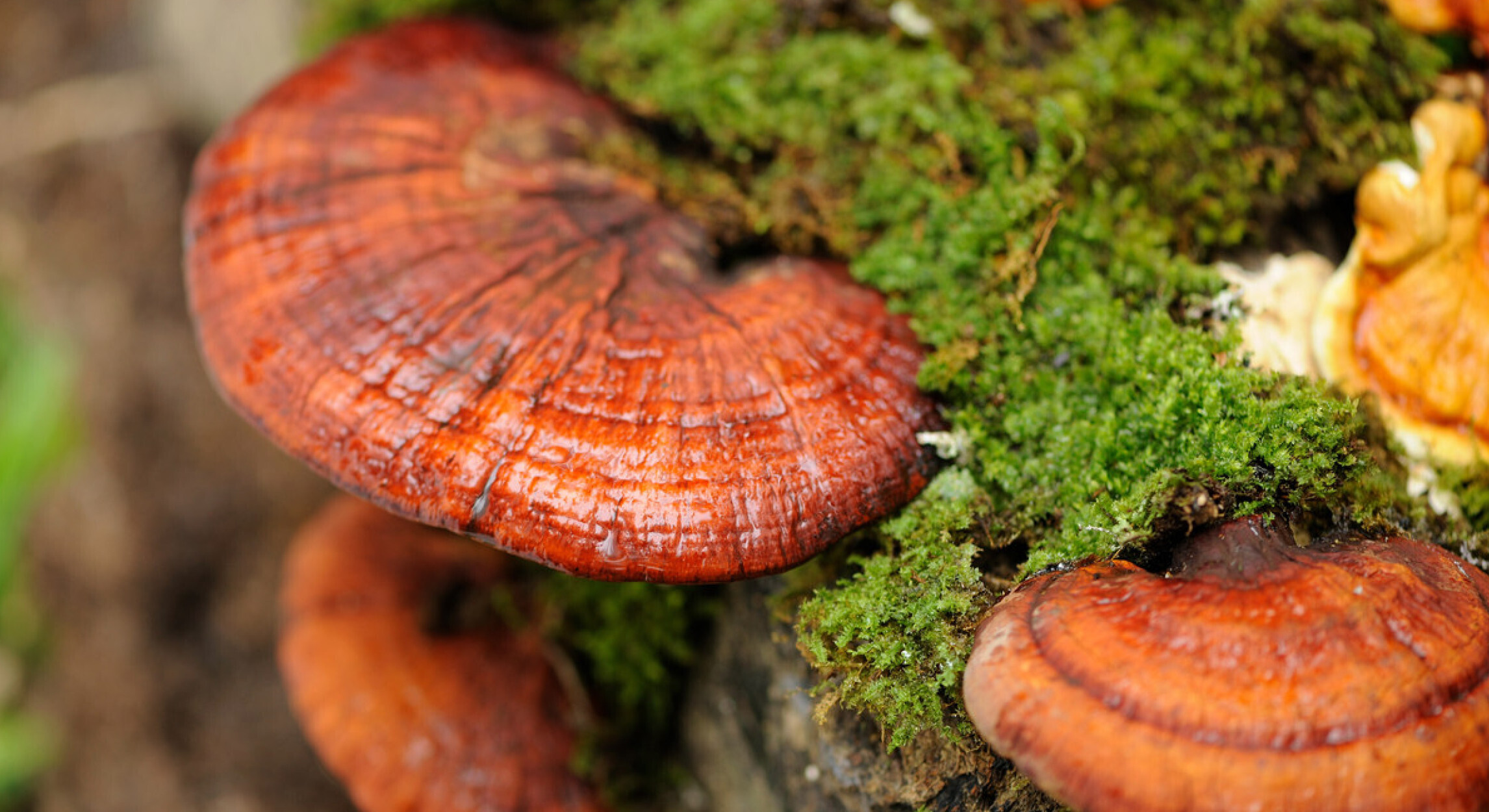
- Benefits: Immune modulation, stress relief, improved sleep, and liver detoxification.
- Uses: Often consumed as a tea, tincture, or supplement.
2. Lion’s Mane (Hericium erinaceus)
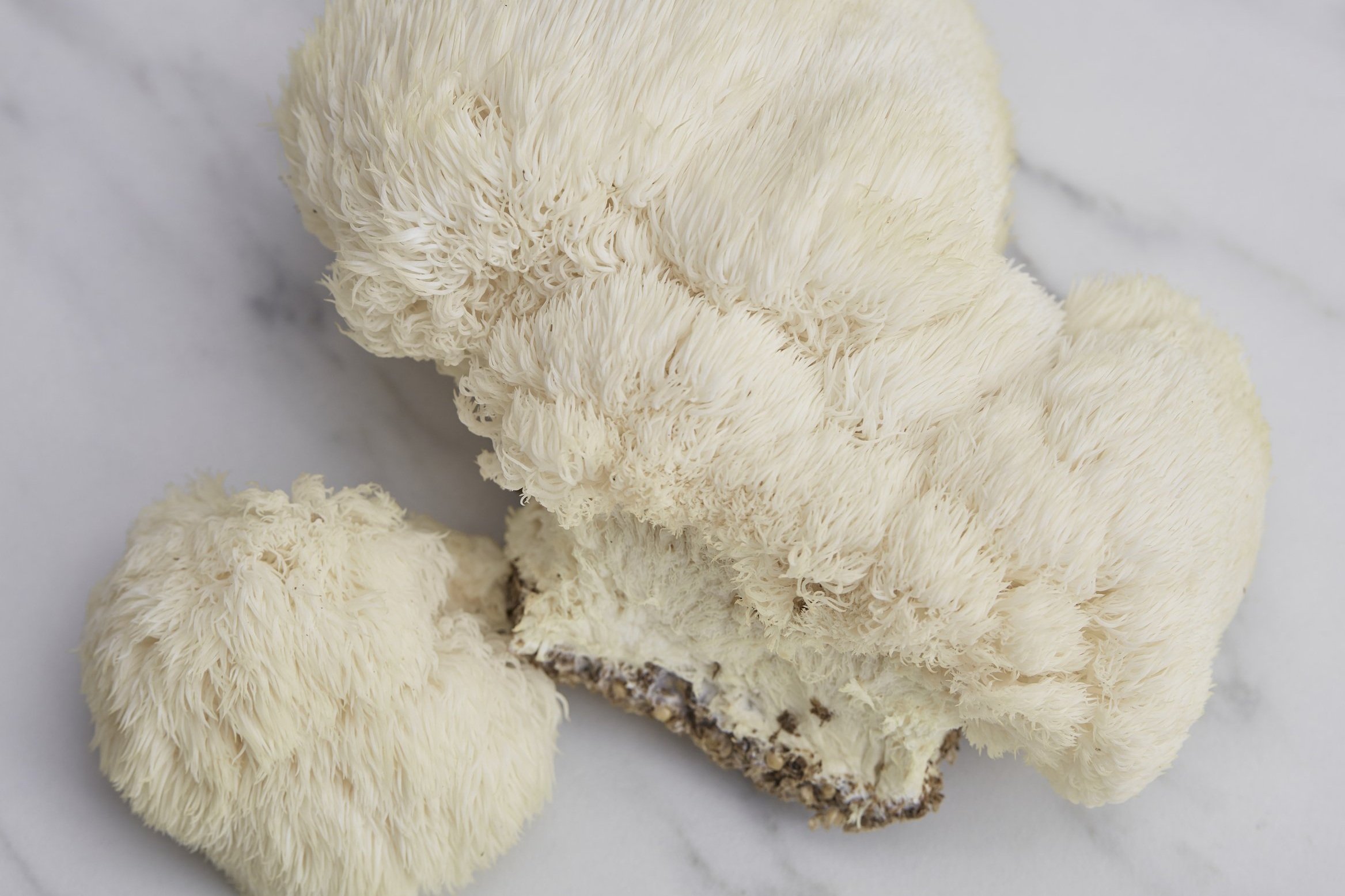
- Benefits: Cognitive enhancement, nerve regeneration, and support for neurodegenerative diseases.
- Uses: Found in capsules, powders, or cooked in meals.
3. Chaga (Inonotus obliquus)
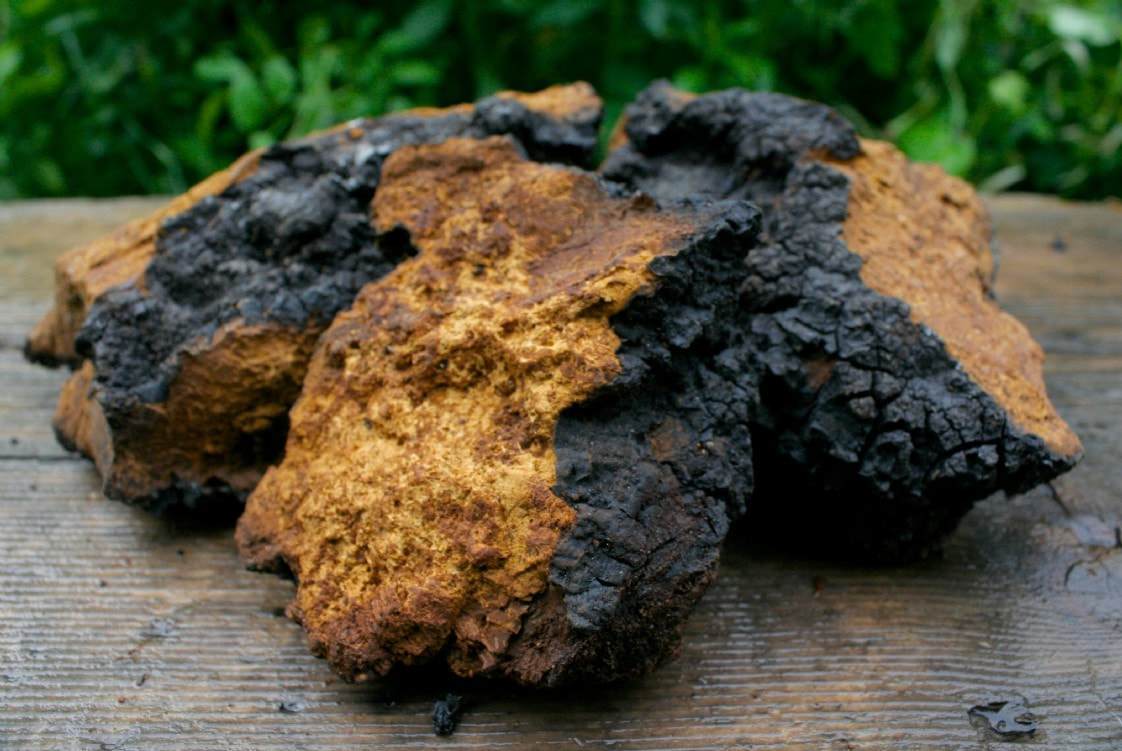
- Benefits: Antioxidant powerhouse, immune booster, and anti-inflammatory agent.
- Uses: Brewed into teas or taken as a supplement.
4. Cordyceps (Cordyceps militaris/sinensis)
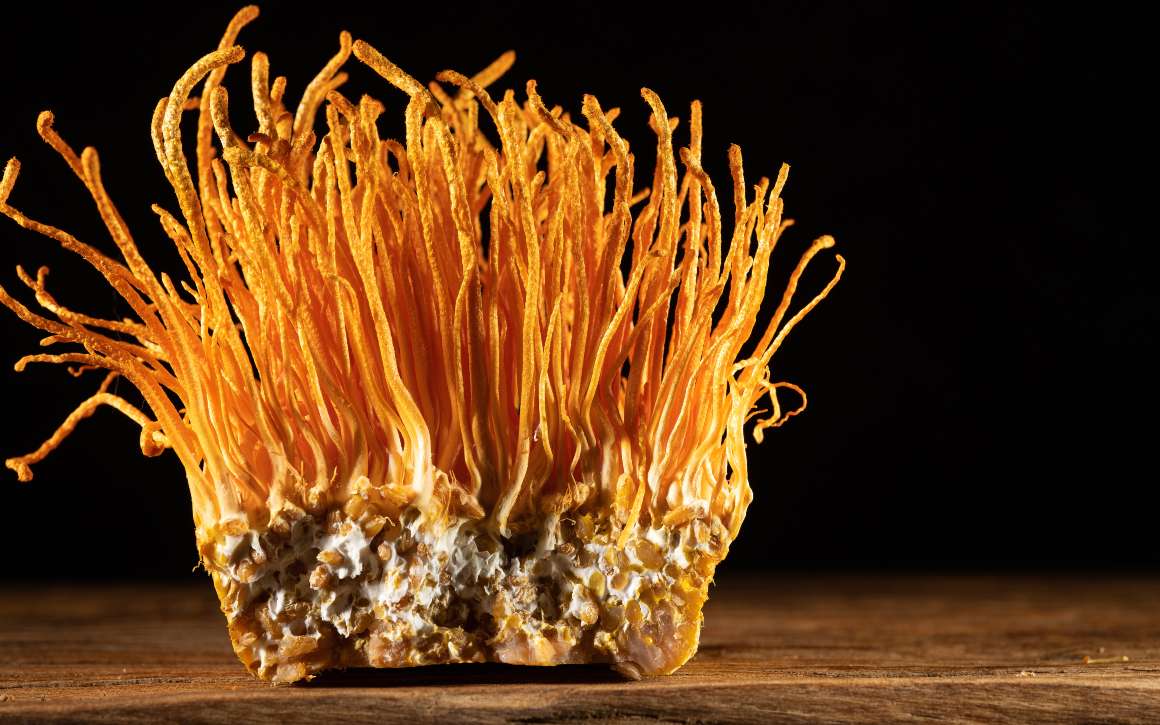
- Benefits: Enhanced athletic performance, energy boost, and respiratory health.
- Uses: Available as powders, capsules, or in beverages.
5. Turkey Tail (Trametes versicolor)
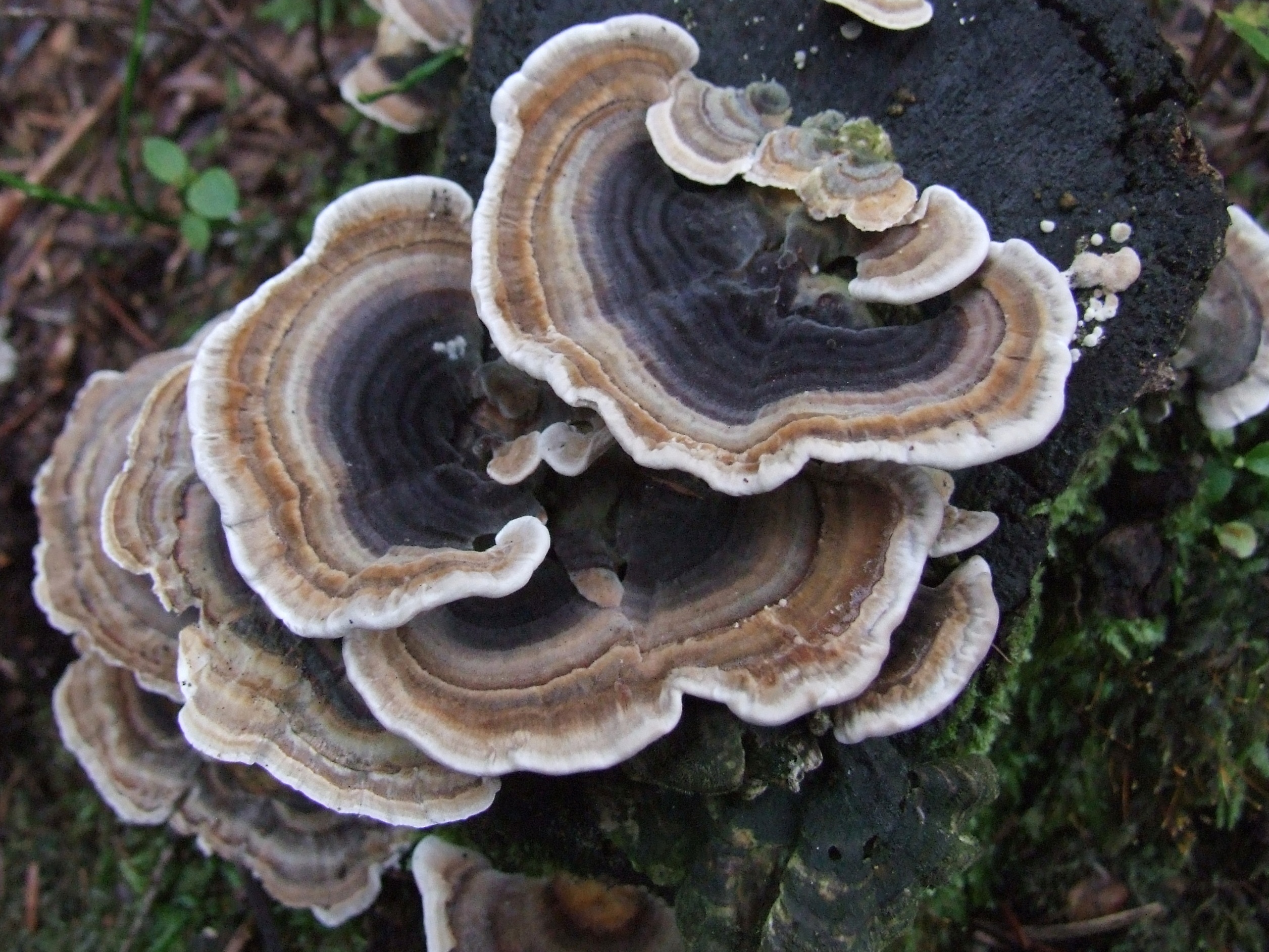
- Benefits: Cancer support, gut health, and immune system enhancement.
- Uses: Typically consumed as teas or supplements.
6. Maitake (Grifola frondosa)
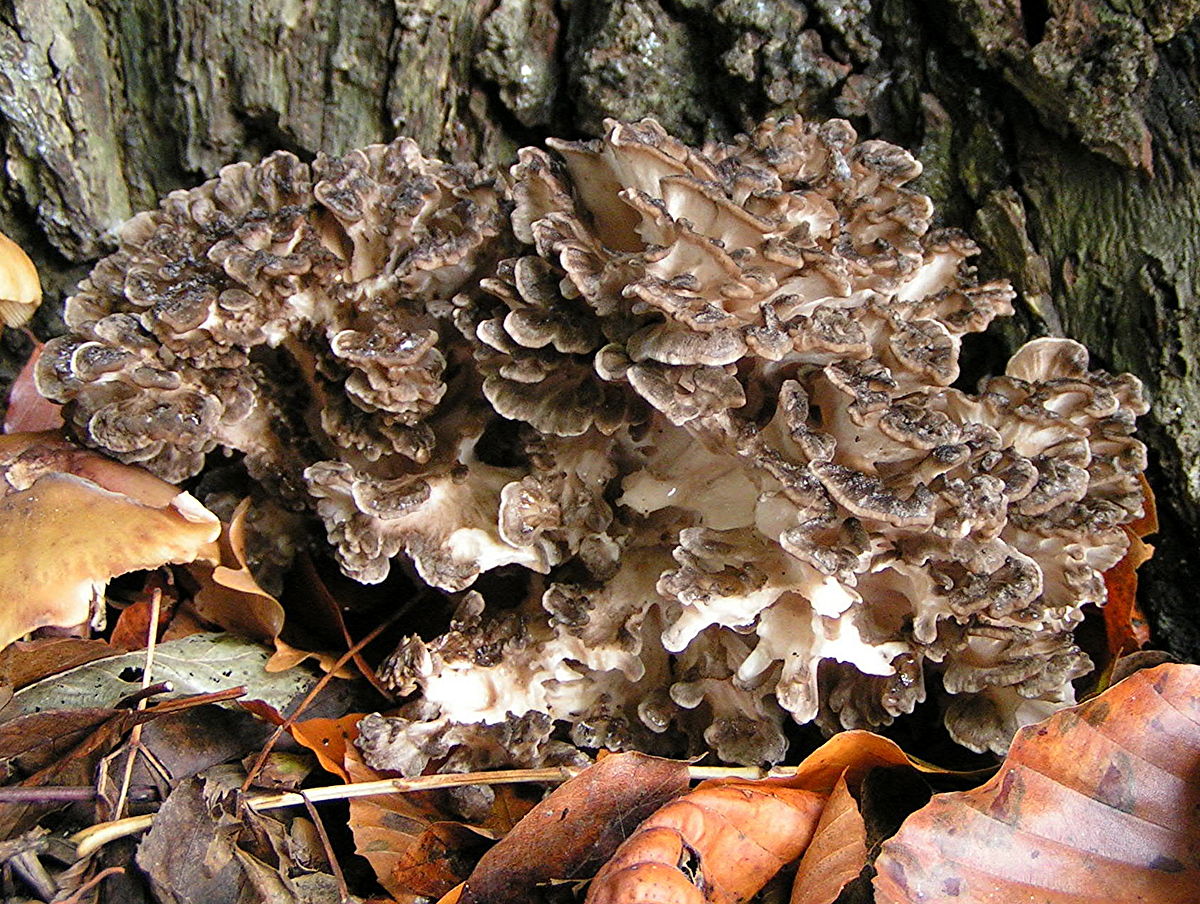
- Benefits: Blood sugar regulation, weight management, and immune support.
- Uses: Often cooked as food or taken as a supplement.
7. Shiitake (Lentinula edodes)
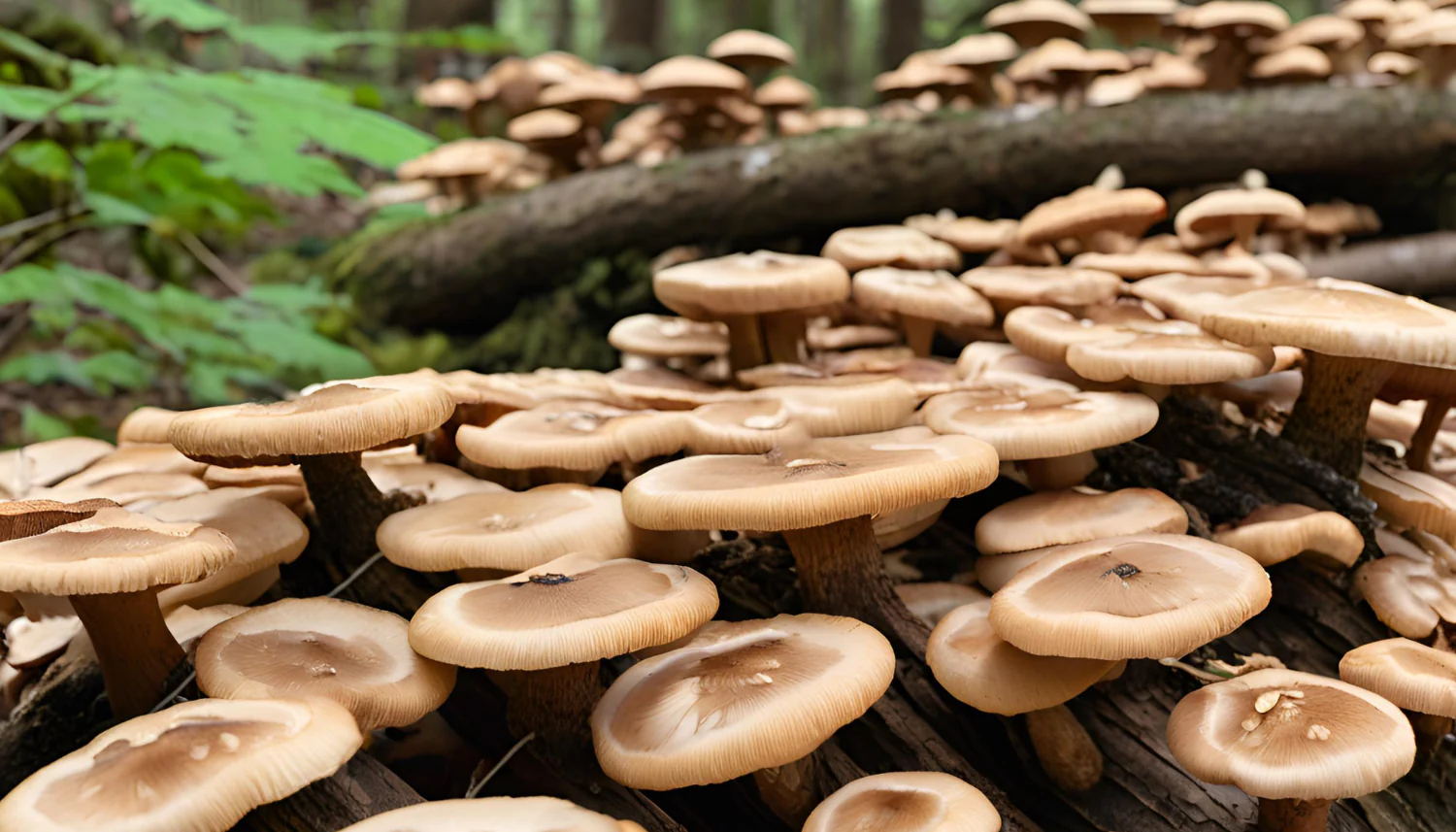
- Benefits: Cholesterol regulation, anti-inflammatory effects, and antiviral properties.
- Uses: A common culinary mushroom with medicinal benefits.
How Fungal Therapy Works: Mechanisms of Action
- Immune Modulation: Mushrooms stimulate the immune system, helping the body fight off pathogens and diseases more effectively.
- Anti-Inflammatory Effects: Certain compounds reduce inflammation, a key contributor to chronic diseases like arthritis and cardiovascular issues.
- Neuroprotection: Lion’s Mane, for instance, promotes the synthesis of nerve growth factors, supporting brain health.
- Gut Health: Fungal polysaccharides feed beneficial gut bacteria, enhancing digestion and overall health.
- Antioxidant Activity: Mushrooms combat oxidative stress, protecting cells from damage and aging.
Health Conditions Addressed
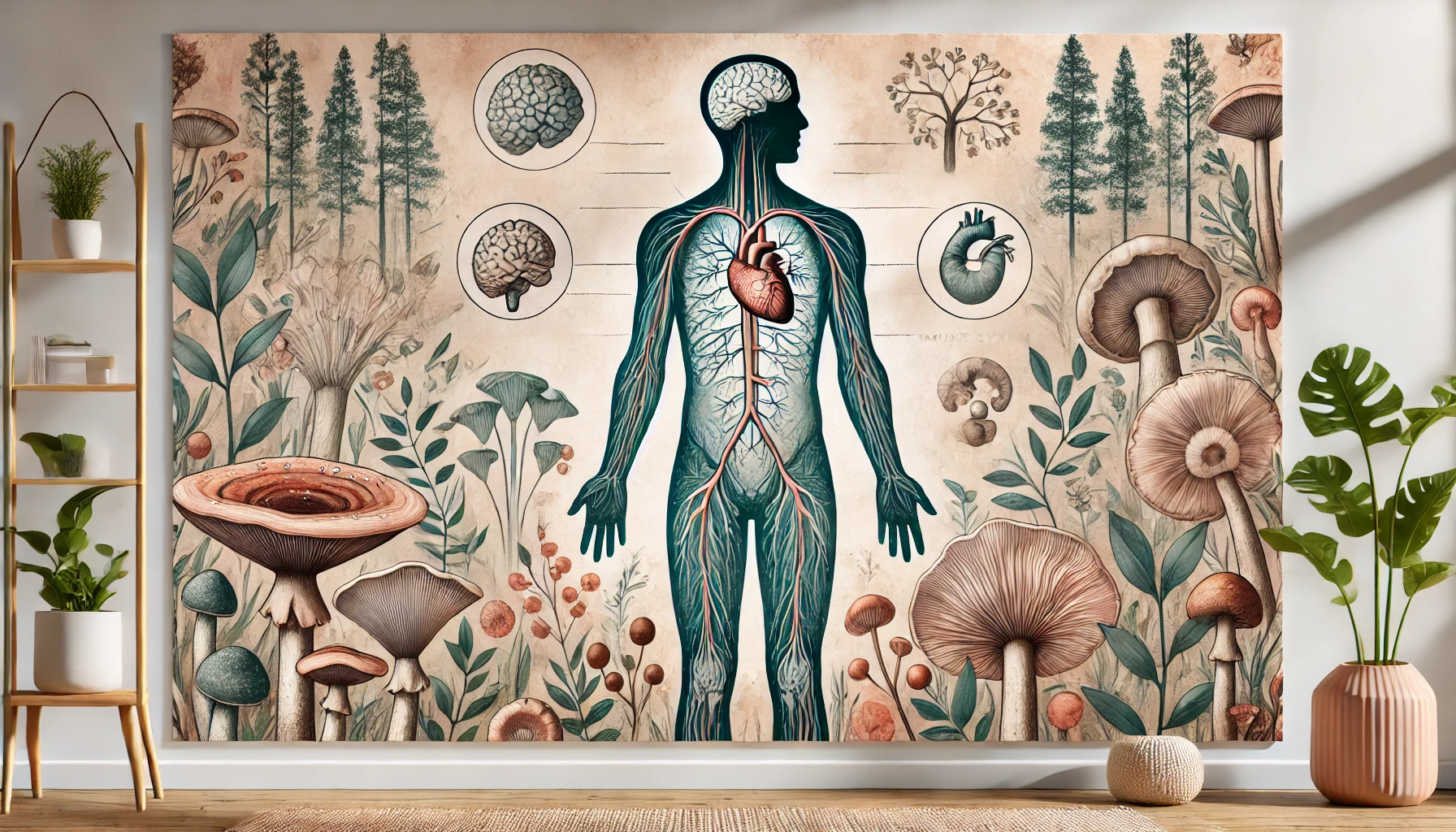
- Immune Support: Strengthens defenses against infections and autoimmune conditions.
- Cancer Support: Some mushrooms are used adjunctively in cancer treatment for their immune-boosting and tumor-fighting properties.
- Mental Health: Adaptogenic mushrooms help reduce anxiety, depression, and stress.
- Energy and Stamina: Cordyceps is renowned for its ability to enhance physical performance.
- Chronic Conditions: Anti-inflammatory and antioxidant properties benefit conditions like diabetes, heart disease, and arthritis.
How to Incorporate Fungal Therapy into Your Life
Integrating medicinal mushrooms into your daily routine is simple and versatile. Whether through dietary supplements, beverages, culinary applications, or topical treatments, fungal therapy offers various ways to enhance your well-being. Here’s a breakdown of the most popular methods:
1. Supplements: Convenient Daily Support
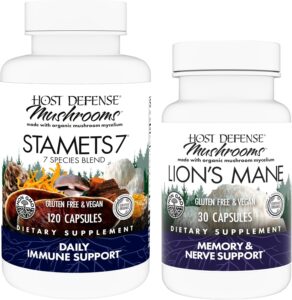
Mushroom supplements are one of the easiest ways to reap the benefits of fungal therapy. Available in various forms, such as capsules, powders, or tinctures, these products are formulated to deliver concentrated doses of bioactive compounds.
Why Choose Supplements?
- Ease of Use: No preparation required; simply take as directed.
- Standardized Dosages: Ensures consistent and measurable intake of active ingredients.
- Wide Variety: Options include single-species extracts (e.g., reishi, lion’s mane) or blends targeting specific health goals like immunity or cognition.
How to Use:
- Take capsules with water as part of your morning routine.
- Add mushroom powders to smoothies, coffee, or protein shakes.
- Use tinctures sublingually or mix them into beverages for fast absorption.
2. Teas and Beverages: A Relaxing Ritual
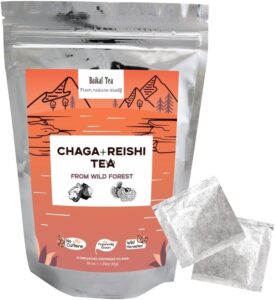
Brewing mushroom teas is a time-honored tradition in many cultures. Teas made from medicinal mushrooms like chaga and reishi offer a soothing and flavorful way to consume these fungi while enjoying their health benefits.
Benefits of Mushroom Teas:
- Hydration and Health: Combine the benefits of water intake with bioactive compounds.
- Stress Reduction: Reishi tea is especially calming, making it perfect for evening relaxation.
- Antioxidant Boost: Chaga tea is rich in antioxidants, supporting cellular health.
How to Prepare:
- Simmer dried or powdered chaga or reishi in water for 15–30 minutes.
- Add honey, lemon, or spices like cinnamon to enhance flavor.
- Pre-made mushroom tea bags are also available for convenience.
3. Culinary Use: Flavor Meets Function
Incorporating mushrooms into your diet as a culinary ingredient is a delicious way to experience fungal therapy. Mushrooms like shiitake, maitake, and lion’s mane not only add depth and umami to dishes but also provide a nutritional boost.
Health Benefits:
- Rich in vitamins, minerals, and antioxidants.
- Supports gut health with prebiotic fiber.
- May help lower cholesterol and regulate blood sugar.
Culinary Tips:
- Sautéed Mushrooms: Cook shiitake or maitake in olive oil with garlic for a simple side dish.
- Soups and Broths: Add dried mushrooms to soups, stews, or bone broths for a rich, earthy flavor.
- Meat Substitutes: Use lion’s mane as a substitute for meat due to its texture and flavor.
4. Topical Applications: Skincare and Beyond
Fungi are increasingly popular in the skincare industry for their anti-aging, moisturizing, and protective properties. Mushroom extracts like tremella and reishi are used in serums, creams, and masks to promote healthy, glowing skin.
Benefits of Topical Use:
- Hydration: Tremella mushrooms act like a natural hyaluronic acid, retaining moisture in the skin.
- Anti-Aging: Reishi reduces signs of aging by combating free radical damage.
- Healing Properties: Some mushrooms, like cordyceps, have wound-healing and anti-inflammatory benefits.
How to Use:
- Apply mushroom-infused creams or serums to clean skin.
- Use face masks containing mushroom extracts for hydration and rejuvenation.
- Explore DIY recipes with mushroom powders and natural oils for homemade skincare.
Safety and Considerations
- Consultation: Speak with a healthcare provider before starting fungal therapy, especially if pregnant, breastfeeding, or on medications.
- Quality Matters: Use high-quality, lab-tested mushroom products to avoid contaminants.
- Allergies: Be aware of potential allergic reactions, especially for those with mold sensitivities.
Conclusion
Fungal therapy offers a natural, science-backed approach to enhancing health and treating various conditions. With its roots in ancient medicine and validation by modern research, this practice bridges traditional wisdom and cutting-edge science. Whether you’re looking to boost immunity, improve mental clarity, or support overall well-being, incorporating medicinal mushrooms into your lifestyle can unlock a world of health benefits.
Ready to explore the world of fungal therapy? Start by trying a high-quality mushroom supplement or brewing a cup of medicinal mushroom tea today!
